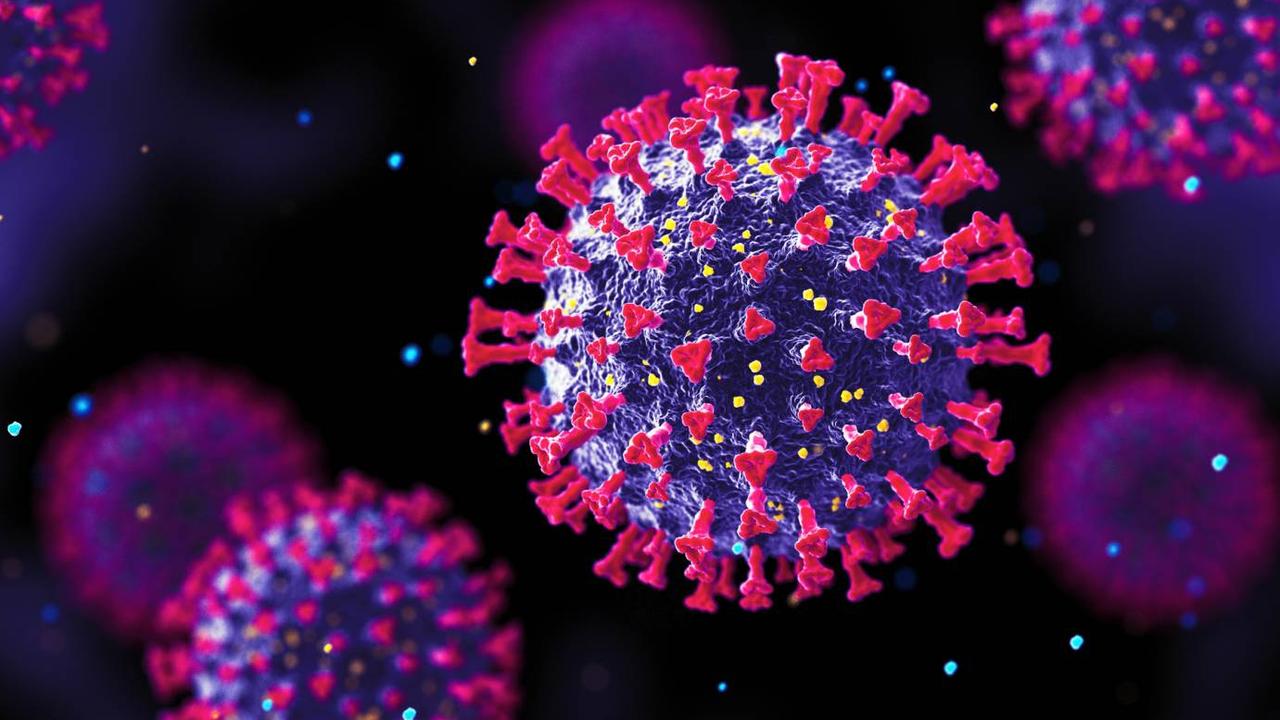Research published in the American Heart Association’s journal Arteriosclerosis, Thrombosis and Vascular Biology has revealed that COVID-19 infection can lead to an increased risk of heart attack, stroke and death for up to three years after infection.

Also Read: Breast Cancer is Rising Among Younger Women, Study Finds
The research published in Atherosclerosis, Thrombosis, and Vascular Biology analyzed data from the UK Biobank. It included over 250,000 participants, of which 11,000 tested positive for Covid-19 in 2020, the year before vaccines became available.
Among these, almost 3,000 were hospitalized. The comparison group consisted of over 222,000 people who did not test positive for Covid-19 during the same time frame.
The study found that those who had contracted Covid-19 in 2020 were at twice the risk of a major cardiovascular event such as a heart attack, stroke or even death compared to those who did not get infected.
The study’s surprising finding was that the increased cardiovascular risk remained for up to three years post-infection. This persistent danger is unique to Covid-19 compared to other infections.
While other illnesses like the flu can temporarily raise the risk of heart attacks or strokes, the risk typically fades quickly after recovery. Covid-19’s effects seem to linger.
The research led by James Hilser, M.P.H., a Ph.D. candidate at the University of Southern California’s Keck School of Medicine, demonstrates that individuals who contract COVID-19 face an elevated risk of heart attack, stroke and death from any cause for up to three years following infection.
The risk of these cardiovascular events is nearly double for individuals who had mild COVID-19 and nearly four times greater for those hospitalized with severe cases.
The study compared health outcomes for over 10,000 adults who tested positive for COVID-19 in 2020 with a control group of more than 200,000 individuals who did not contract the virus.
None of the participants were vaccinated, as the study period occurred before vaccines became available.
One of the findings from the research is that the elevated cardiovascular risk linked to COVID-19 is on par with traditional risk factors such as Type 2 diabetes, peripheral artery disease and pre-existing cardiovascular disease.
Even individuals without prior heart conditions or diabetes experienced increased cardiovascular risks if they had contracted COVID-19 especially if their infection was enough to require hospitalization.
The study found a genetic interaction between COVID-19 severity and blood type. Individuals with blood types A, B, or AB faced a 65% higher risk of heart attack, stroke or death compared to those with blood type O.
This finding suggests that non-O blood types may predispose individuals to a higher cardiovascular risk in the aftermath of a COVID-19 infection.
The researchers did not find any interaction between COVID-19 severity and Rh factor, meaning that Rh status does not appear to influence cardiovascular outcomes after COVID-19 infection.
Also Read: Victor Ambros and Gary Ruvkun Win 2024 Nobel Medicine Prize
The study’s results suggest that being hospitalized with COVID-19 could be considered as a risk factor for coronary artery disease as having a pre-existing diagnosis of cardiovascular disease.
This has important implications for healthcare providers, as individuals hospitalized with COVID-19 whether they had prior heart disease or not should be closely monitored and possibly treated with preventive cardiovascular care to lower their risk of heart attacks or strokes.
Researchers addressed the need for preventive cardiovascular disease care for individuals recovering from COVID-19 especially for those who were hospitalized or have non-O blood types.
According to co-senior study author Stanley Hazen, M.D., Ph.D., the study’s findings have global health implications given the number of people worldwide who have contracted COVID-19.
The study’s authors suggest that people with a history of COVID-19 infection especially severe cases should be considered for cardiovascular prevention measures such as cholesterol-lowering medications, blood pressure management or lifestyle modifications like diet and exercise.
People who were hospitalized for Covid-19 were at an even greater risk more than three times higher of experiencing a major cardiovascular event.
Hospitalization often points to a more severe form of Covid-19, which may explain the risk. For those who were hospitalized, Covid-19 was found to be as strong a risk factor as diabetes or peripheral artery disease, both of which are well-established contributors to heart disease.
Covid-19 has been shown to infect the cells that line the walls of blood vessels causing damage to these crucial systems. The virus has also been detected in arterial plaques, which can become unstable and rupture leading to heart attacks and strokes.
One theory is that Covid-19 destabilizes plaques that build up inside the walls of arteries, making them more prone to rupture over time.
People with non-O blood types (A, B, or AB) are already known to be at a higher risk for cardiovascular disease. This genetic predisposition may increase their risk after a Covid-19 infection.
Those with O-type blood appeared to have a slightly lower risk of heart attacks or strokes post-Covid, but they were still not immune to these dangers.
Researchers believe that the gene coding for blood type might be influencing the risk of cardiovascular events after Covid-19, but the exact mechanism remains unclear.
Also Read: Travel Could Help Prevent Premature Aging, Study Finds























